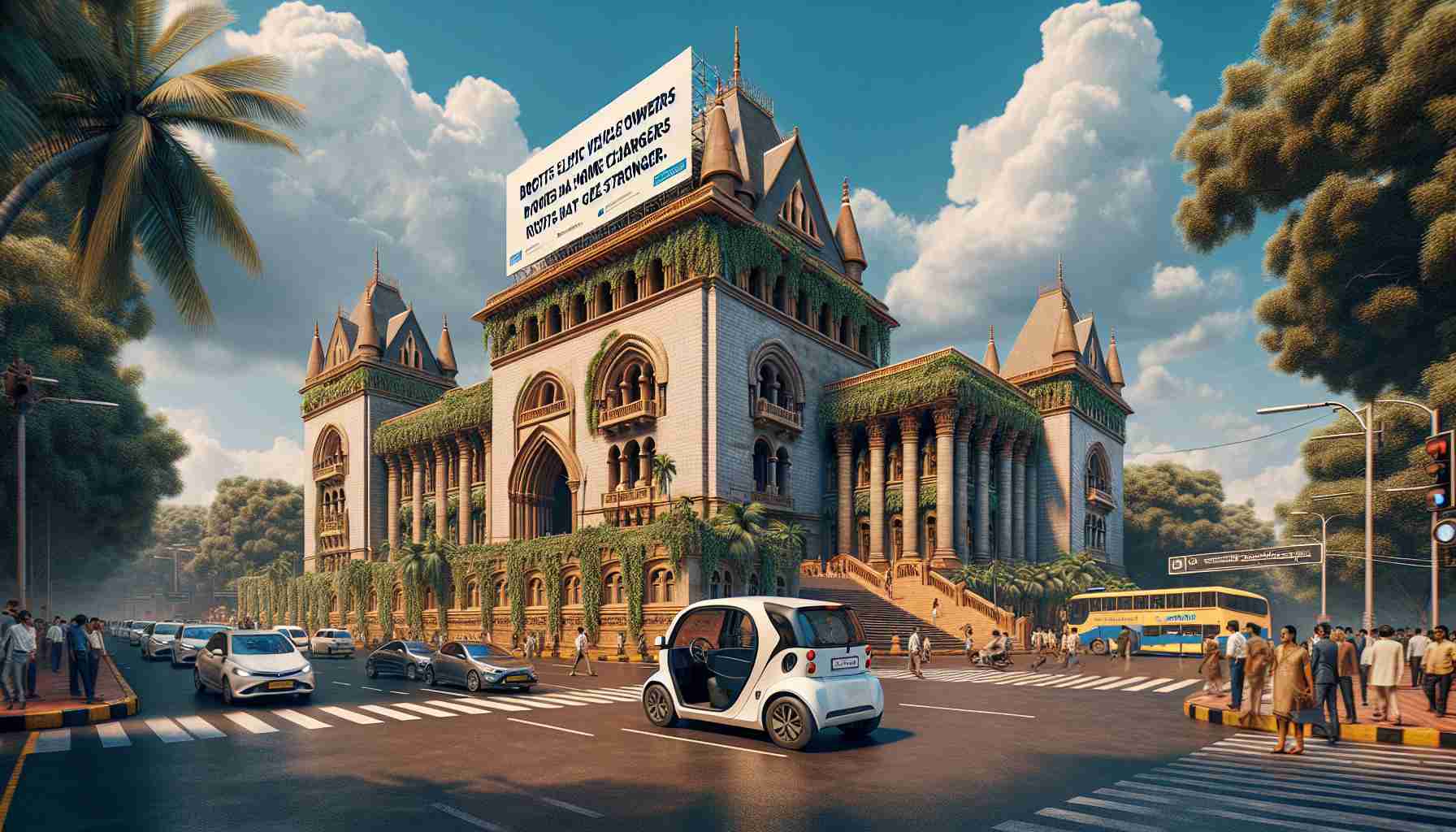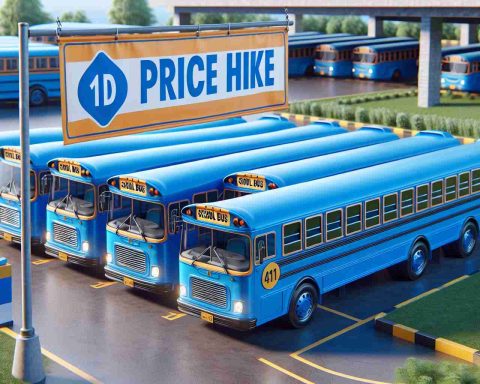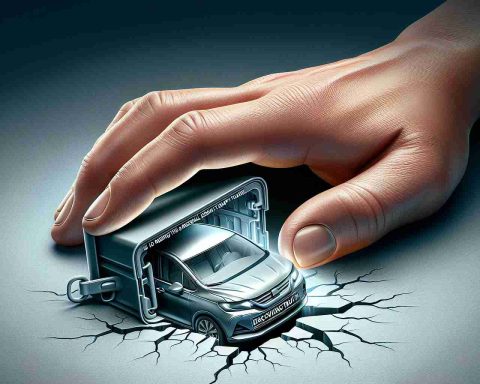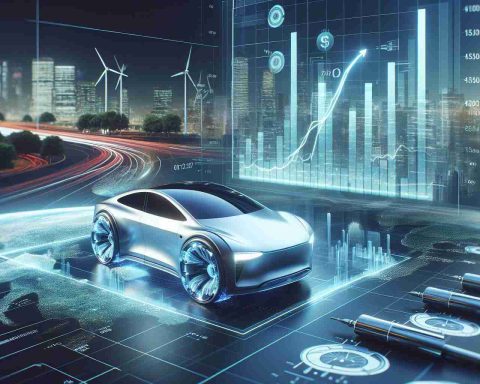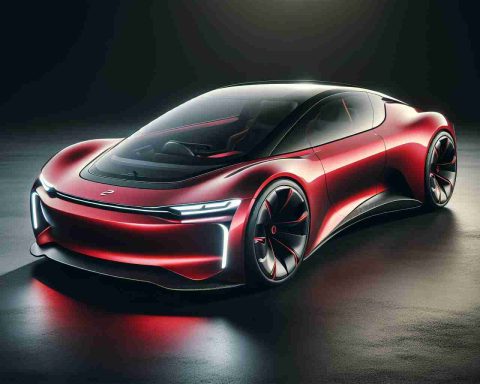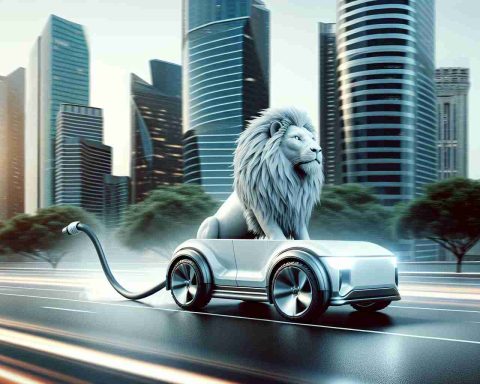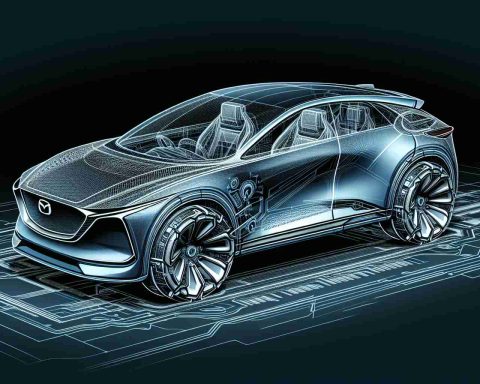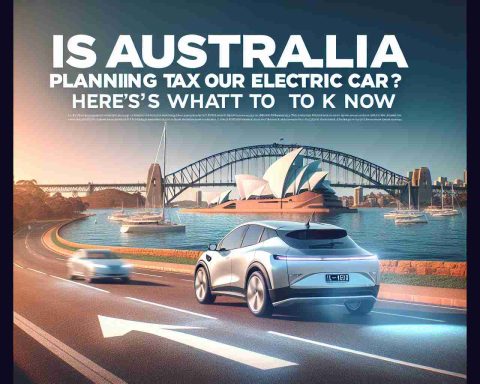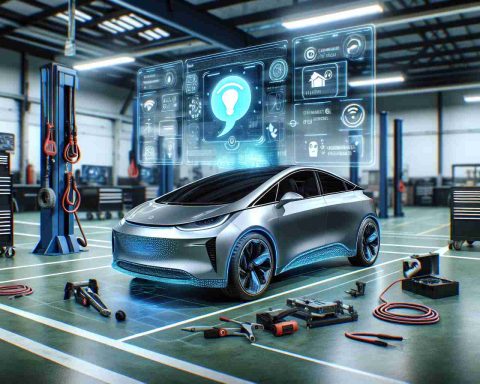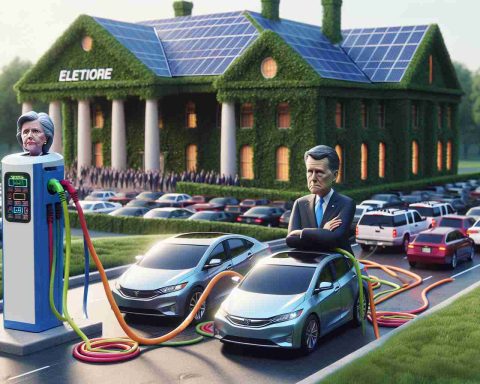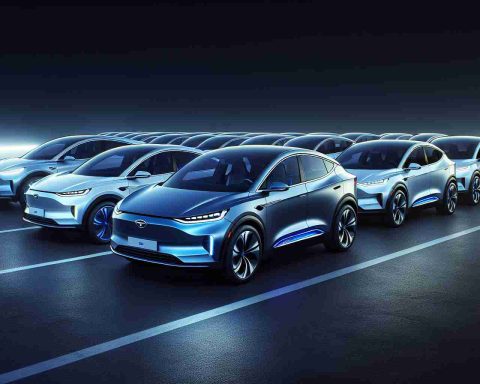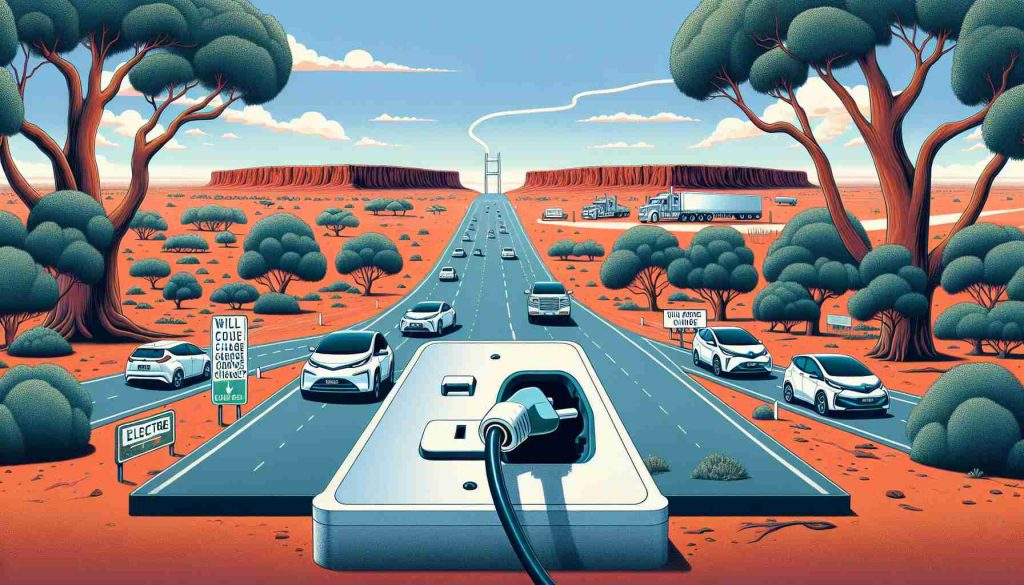- The Bombay High Court has ruled that cooperative housing societies must allow residents to install personal EV charging stations.
- This decision empowers EV owners and addresses previous challenges in securing permission for installations.
- The ruling requires housing societies to revise their bylaws to include provisions for EV chargers.
- The case highlights the push for electric vehicle adoption against a backdrop of inadequate regulations for cooperative housing.
- This landmark ruling could enhance property values as charging facilities become an attractive amenity for potential buyers.
- It marks a significant step in the ongoing movement for electric vehicle rights and accessibility.
In a groundbreaking ruling, the Bombay High Court has paved the way for electric vehicle (EV) owners to install personal charging stations in cooperative housing societies. This comes as a beacon of hope for many who have faced obstacles in embracing eco-friendly transportation due to restrictive society policies.
The case originated when Mumbai businessman Amit Dholakia, frustrated by his housing society’s refusal to grant him a No-Objection Certificate for an EV charger, sought legal recourse. The housing society claimed there was no existing policy to allow such installations. After failing to receive any response from local authorities, Dholakia took his fight to court.
During the proceedings, advocates argued passionately, emphasizing the government’s push towards EV adoption while pointing out the lack of specific laws guiding cooperative societies on the matter. The court’s ruling was clear: housing societies cannot deny members their right to charge their vehicles at home, and they must create adequate provisions for EV installations in their bylaws.
This landmark decision not only empowers current EV owners but also sets a precedent for aspiring buyers, easing the worry of charging access and potentially boosting real estate values as more amenities are introduced. As EV adoption surges, this ruling signifies a major leap forward, giving residents a much-deserved way to charge their vehicles conveniently at home.
The takeaway? The battle for electric vehicle rights is gaining momentum—charge up, because the future is bright for EV enthusiasts!
Transforming Urban Living: The Future of EV Charging in Housing Societies
Electric Vehicle Charging in Cooperative Housing Societies: A New Era
The Bombay High Court’s recent ruling has opened new opportunities for electric vehicle (EV) owners residing in cooperative housing societies, marking a significant shift in urban living and transportation. This landmark decision addresses the longstanding concerns over inadequate charging infrastructure, enabling residents to embrace eco-friendly mobility more easily.
Key Innovations and Insights
1. Easier EV Charger Installations: The ruling mandates that housing societies allow the installation of personal EV charging stations, ensuring residents have the means to power their vehicles without bureaucratic hindrances.
2. Impact on Real Estate: As more societies adapt to accommodate EV charging, properties that offer such amenities may see increased market values, reflecting a growing preference for sustainable living options among potential homebuyers.
3. Sustainability Trends: The court’s decision aligns with global trends promoting electric mobility, where cities are focusing on reducing carbon footprints. This is likely to prompt more innovative energy solutions within urban infrastructure.
Exploring Related Questions
Q1: What are the implications of this ruling for other states in India?
A1: This ruling could inspire similar legal actions across different states in India, prompting regulatory bodies to establish clear guidelines for EV charging installations in cooperative housing societies nationwide.
Q2: How are cooperative housing societies expected to implement these changes?
A2: Housing societies will need to revise their bylaws to include provisions for EV chargers, ensuring compliance with the court directive while catering to both current residents and future EV owners.
Q3: What are the potential limitations of this ruling?
A3: While the ruling empowers residents, challenges may arise regarding space constraints, electrical load capabilities, and the need for shared infrastructure among multiple users, which could complicate installations.
Conclusion
The recent court ruling in Bombay is a pivotal development not just for current EV owners but also for the broader context of urban planning and sustainable transportation. As homebuyers increasingly seek eco-friendly options, the integration of EV charging infrastructure in cooperative societies is set to become a standard practice.
For further insights, explore:
– India.com
– The Hindu
– The Economic Times
Embrace the future of transportation, as the momentum towards electric vehicle integration continues to grow!
